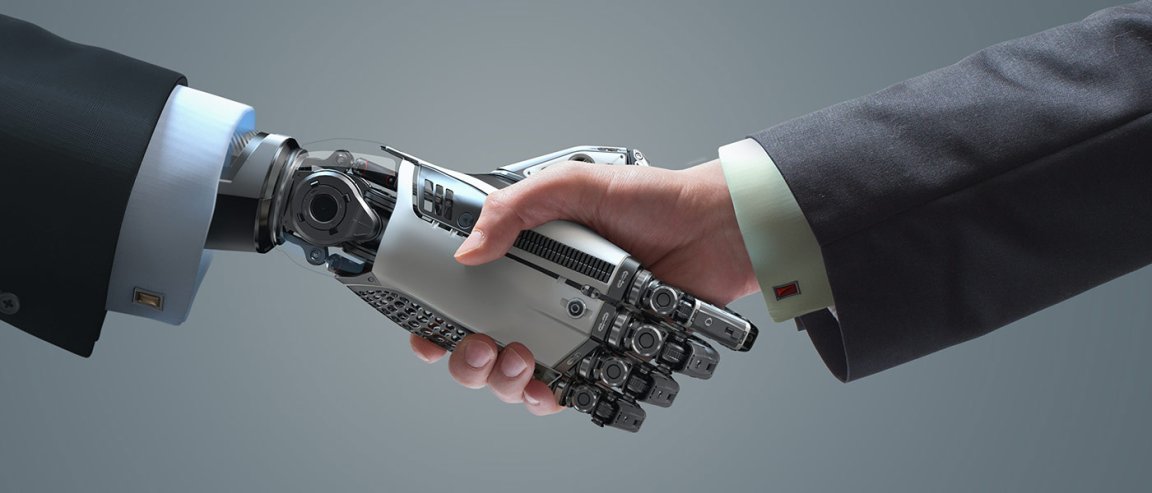
Attorney Robot at your Aid
Bill Doogue, a partner at the defense law firm Doogue O’Brian George, is launching a robot lawyer in Melbourne, Australia to help arm people with legal advice before representing themselves in court. This will be the first application of this technology in criminal cases in Australia.
When hit with a charge, the defendant can simply log in to the system and provide their personal information, as well as details about the offense. The system, however, is currently limited in its scope of cases.
“The robot has a number of hurdles that it places in front of people, but they have to be pleading guilty, it has to be a minor offense, and they can’t have priors,” Doogue said. “Then they just use the online service to prepare their data to hand up to the magistrate.”
According to the State Library of New South Wales: “The right to an adviser has not always been observed in Australia, and some courts are against it.” For example, smaller civil disputes are heard by the Queensland Civil and Administrative Tribunal, and the Queensland State Government dictates “you can get legal advice before a hearing, but are normally not allowed a lawyer and are expected to represent yourself.”
Dazed and Confused
Although there’s a ton of law resources online, representing oneself becomes a problem if the defendant suffers from anxiety. “[Some people] are visibly distressed and uncomfortable talking and give monosyllabic answers to the magistrate, when they have a story they should be telling,” Doogue said. As a result, their cases are brushed off and people end up suffering consequences that could have been diminished or withdrawn altogether.
In an interview with ABC, Su Robertson, lecturer at the College of Law and Justice at Victoria University, who observed self-represented litigants found that 63 percent of such cases last no more than five minutes, and 26 percent last two minutes or less.
Of course, the robot is just a starting point to combat these challenges, and should not be used as a substitute for complete legal aid altogether. Despite this, artificial intelligence is becoming popular in legal professions. Earlier this year, law firm Baker & Hostetler employed IBM’s AI Ross to handle their bankruptcy practice, a department of nearly 50 lawyers.
Professor Lyria Bennett Moses of University of New South Wales associate law professor does warn, however, “all tools have limitations, they don’t cover everyone’s case and they don’t meet the same need that services like legal aid services are currently meeting.”